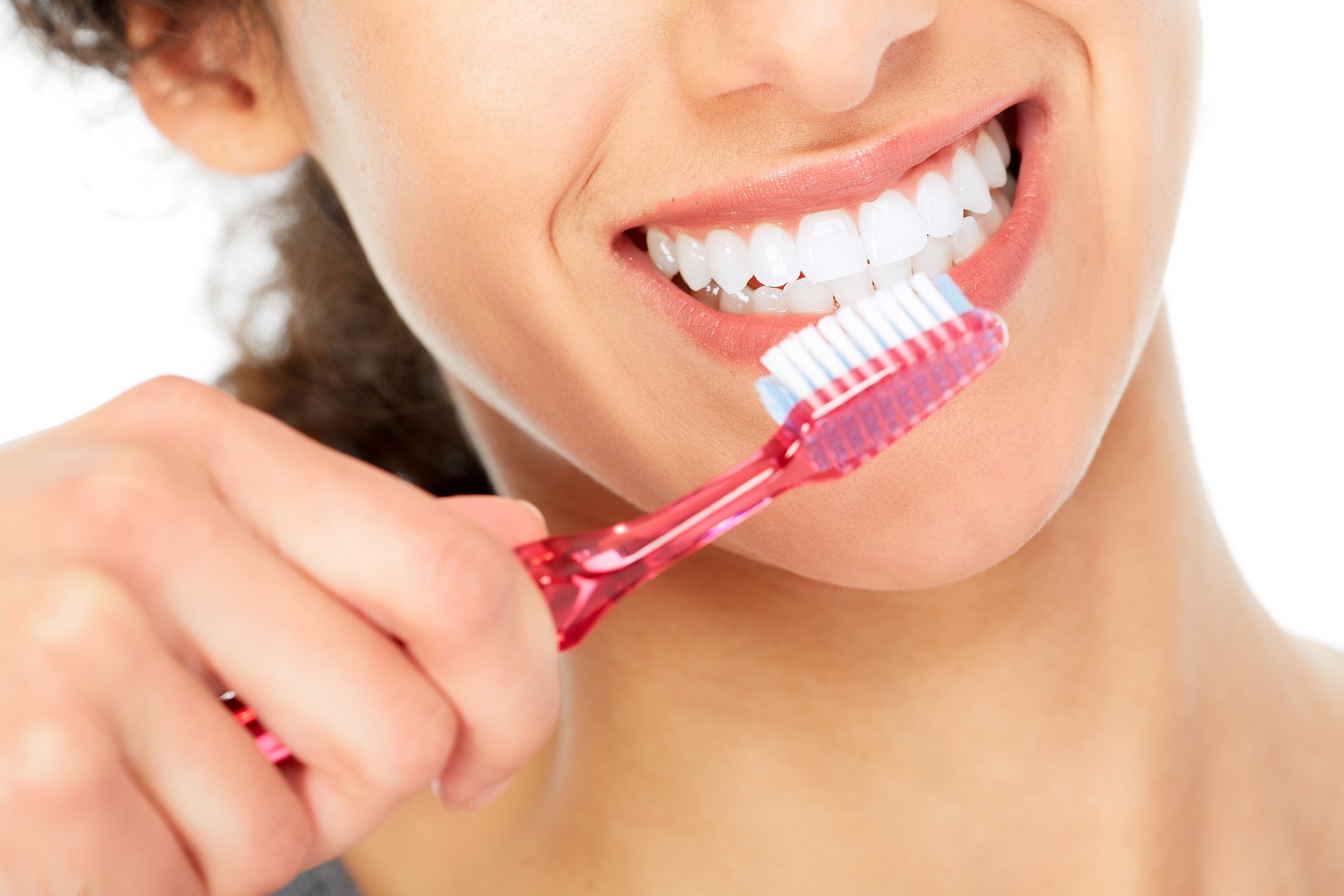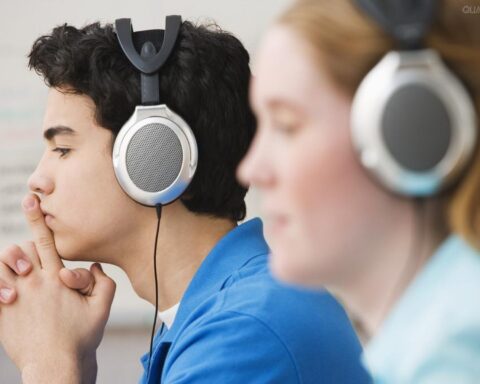1. What should someone know about a toothbrush before purchasing?
Always go for a soft bristle toothbrush and a fluoride toothpaste. You should also consult your dentist on the correct instructions to brushing teeth. Please do not forget to replace your toothbrush every three months.
2. How do you properly clean a toothbrush?
I usually soak my toothbrush in a mixture of 10g baking soda and a cup of warm water for five minutes after every use. You can also rinse the brush in hot water for around one minute before swishing the bristles in antibacterial mouthwash.
3. What are the main differences between an electric toothbrush and a manual one?
Electric brushes remove more plaque and gingivitis than manual and are more expensive.
4. Are there pros to using an electric toothbrush?
Of course, yes. For example;
- Favorable for individuals with limited mobility because they do most of the work, thus helpful for people with arthritis and developmental issues.
- Remove plaque more effectively than manual brushes, and the oscillating types seem to outdo the vibrating ones.
- Contains built-in timers that can offer enough time for eliminating plaque sufficiently.
5. Can you clean your tongue with a toothbrush?
Definitely, yes but only with a soft-bristled toothbrush that gently removes the debris possibly formed on the tongue.
6. If so, should you use the brush itself or a tongue scraper? Which is better?
Well, both of them can do the cleaning, but tongue scrapers are more effective. Apart from removing bacteria, tongue scrapers can also lessen sulfur compounds that result in bad mouth odors.
7. Who should use soft bristled brushes?
Almost everybody, both kids and adults, except those with braced teeth, to prevent frayed bristles from getting trapped in braces and ruining them.
8. Who should use firm bristled brushes?
People with partial stains or dentures, but for occasional use only to prevent damage to the soft gums and enamel.
9. Does the height of the bristles matter?
It definitely matters. I usually advise my clients to pick the right size that fits their mouths for more efficiency. If you have a smaller mouth, buy small-sized brushes.






